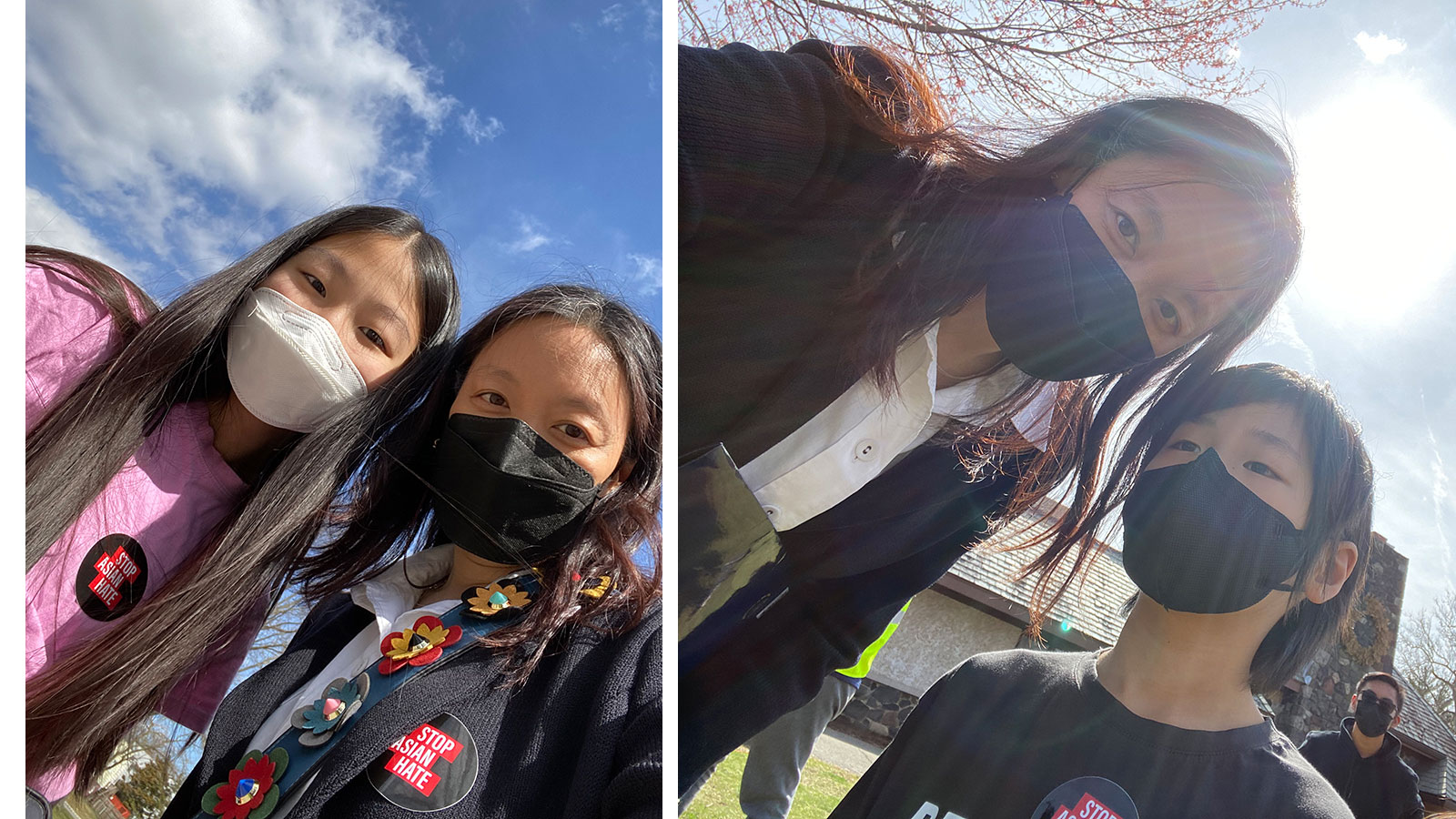In spring 2020, at a press conference focused on the rise of COVID-19 cases in the United States, a reporter asked why the president was using the term “Chinese virus” to describe the coronavirus. More than a question of semantics, the query spoke to the alarming rise of anti-Asian hate in the U.S. Between March 19 and December 31, 2020, when the organization Stop AAPI Hate started collecting incident reports from Asian Americans, they gathered more than 2,800.
In response to the escalating violence, including a mass shooting in March 2021 that killed eight spa employees in Georgia, six of whom were Asian women, Barnard’s professor of psychology Lisa Son started speaking up. “The only way to help each other cope with this violence and to address mental health is to speak out, and to confide in others,” Son told Oprah Daily in a February 23 article. “We know that Asians put less weight on the ‘individual self’... but this translates into a true isolation.”
After the Atlanta tragedy, Son shared her personal experiences of how she navigated racism and misogyny while growing up in New Jersey, admitting in a NorthJersey.com article that she spent most of those years quiet. “We’re not supposed to talk,” Son said, referring to the Korean culture of her childhood.
By March 27, Son was addressing a crowd at a #StopAsianHate rally in New Jersey. “Today, as an Asian, I am distressed,” she said at the rally. “Not just because I’m speaking publicly, but I am distressed because I’m not surprised by the increase in hate and violence against Asians and Asian Americans.”
Though new to the world of activism, Son’s training as a metacognitive scientist who studies how humans understand and reflect on their own thought processes has led her to think deeply about the psychology of activism, including what it takes to become an activist, how a person new to this space can find courage, community, and room for personal check-ins, and the freedom to take baby steps, all of which Son believes are crucial to sustaining the work. As she’s reached her tipping point, and addressed the long-lasting negative effects that come with the model minority myth, Son has begun to pass that knowledge down to the next generation, whether they are Barnard students or her own children.
In celebration of Asian American Pacific Islander Heritage Month (May) — and in the spirit of civil rights activist Grace Lee Boggs ’35, who once said, “Love isn’t about what we did yesterday. It’s about what we do today and tomorrow, and the day after.” — Son discusses the psychology of activism for herself and for the Asian American community.
Listen to her thought-provoking interview below:
